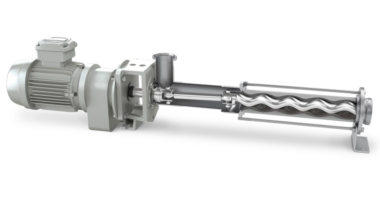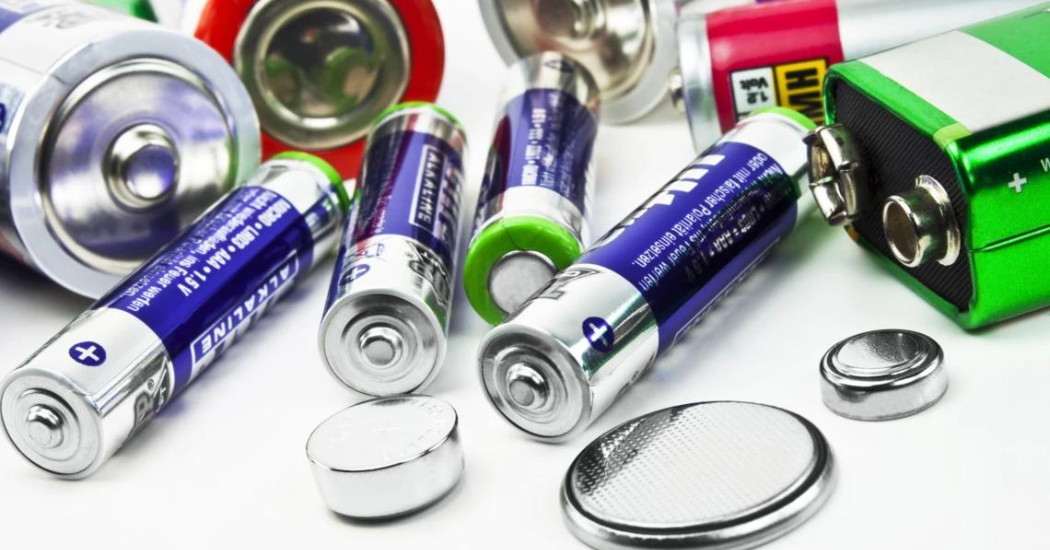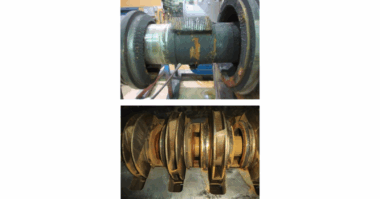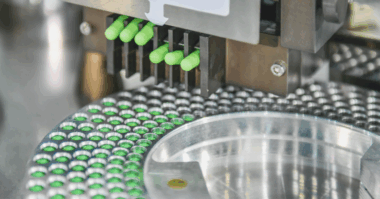With this pump, you increase the efficiency of pumping lithium slurry
The rising demand for batteries is driving a growing focus on optimizing production efficiency. One of the decisive factors for efficient battery production is the selection of the right pump because lithium is one of the most demanding pumping media due to its reaction sensitivity, among other things. Choosing the right pump was also a challenge faced by a Chinese battery manufacturer.
As a global specialist in complex fluid management, NETZSCH Pumps & Systems has specialized on pumping demanding product. Thereby NETZSCH promises you Proven Excellence – outstanding performance in all areas. NETZSCH demonstrates how to efficiently and gently pump lithium slurry while adhering to the highest safety standards.
Challenges for pumps when processing lithium
Lithium slurry is one of the most demanding product to be conveyed in the chemical sector: Lithium does not occur freely in nature due to its high reactivity. It is only stable in a complete dry environment but slowly reacts to lithium nitride. A matt gray lithium hydroxide layer quickly forms on the surface in moist air. Elemental lithium already reacts in contact with the skin’s moisture and thus leads to heavy burns.
Things to consider when choosing a pump for conveying lithium
A battery manufacturer in China therefore decided to choose the NEMO® progressing cavity pump in stainless steel with flexible rod from NETZSCH. The main characteristic of this pump type is the eccentric screw principle in which a spiral rotor rotates oscillating in a geometrically matched stator. This results in uniform delivery chambers in which the product is moved continuously from the suction to the pressure side free of pressure fluctuations, pulsation or shear forces.
How to pump lithium slurry safely and efficiently at the same time
The NEMO® BH hygienic pump in compact block design is used for hygienic applications in the food, pharmaceutical, cosmetic and chemical industries.
Therefore, a battery manufacturer in China relies on NEMO® progressing cavity pumps in stainless steel design with a flexible rod from NETZSCH. The main feature of this pump type is the underlying progressing cavity principle. A helical rotor rotates in an oscillating manner in a geometrically matched stator. This results in uniform delivery chambers in which the product is moved continuously and gently from the suction to the discharge side. Hence, you can pump lithium slurry without pressure fluctuations, pulsation or shear forces.
In order to meet the high requirements of the reaction sensitive light metal a flexible rod connects the drive with the shaft instead of open or oil filled joints. The shaft has a shrink with the rotor and the connection to the drive shaft, so that both interfaces are hermetically sealed. Since no components rub against each other at the connections, the flexible rod hardly wears out and requires neither sealing nor lubrication. The maintenance-free flexible rod causes hardly any maintenance costs. For this reason a PTFE sleeve seal without oil is also used as the mechanical seal. Stainless steel and a NEMO LAST® stator were used as materials for the battery manufacturer’s application.
The polished stainless steel surfaces ensure that the product cannot adhere. This reduces contamination to a minimum and makes the pump easy to clean, which is an important requirement in a chemical process. To take account of the highly explosive mixture of the product, the pumps are driven by an electric motor. The battery manufacturer is highly satisfied with the pump solution from NETZSCH and has therefore ordered 200 pumps for this application.
NEMO® BH hygienic pump in compact block design
 Medium: Lithium slurry
Medium: Lithium slurry
Capacity: 0.9 to 2.4 m3/h
Temperature: 20 °C
Pressure: 8 to 12 bar
Viscosity: 3.000 to 35.000 mPas




